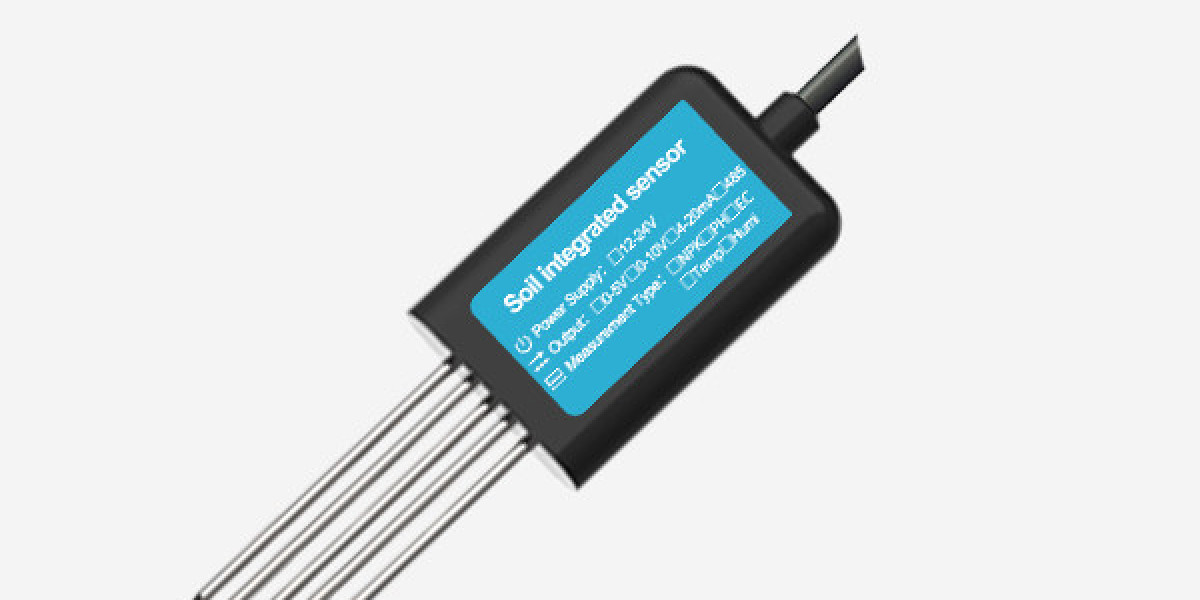From Guesswork to Precision: The Benefits of Using Sensors to Regularly Monitor Soil Moisture
Subtitle: Unleash the power of data-driven irrigation for thriving crops, optimized water use, and a healthier planet.
For centuries, farmers have relied on intuition, experience, and a sprinkle of guesswork to determine when and how much to water their crops. While these methods have served us well, they often lead to inefficiencies in water usage, with potential harm to both crops and the environment. Enter the game-changer: soil moisture sensors.
But how exactly do soil moisture sensors work their magic?
There are various types of sensors, each employing different principles to measure soil moisture. Some common methods include:
Tensiometers: These sensors measure the tension that soil exerts on water, indicating dryness.
Dielectric sensors: These measure the electrical properties of the soil, which change with varying moisture levels.
Frequency domain reflectometry (FDR) sensors: These emit electromagnetic waves and analyze their reflection to determine soil moisture.
Regardless of the type, all sensors provide valuable data that farmers can access through digital dashboards or even mobile apps. This real-time information unlocks a treasure trove of benefits:
1. Precise Irrigation:
Gone are the days of overwatering or underwatering. Sensors pinpoint the exact moisture level in the soil, allowing farmers to irrigate only when necessary and with the exact amount of water needed. This eliminates water waste and prevents problems like soil erosion and nutrient leaching.
2. Enhanced Crop Yields:
By maintaining optimal soil moisture conditions, sensors create an environment where crops thrive. Plants receive the water they need for proper growth and development, leading to increased yields and improved fruit quality.
3. Reduced Costs:
Water is a precious resource, and its cost can be significant for farmers. Sensor-based irrigation helps minimize water usage, translating to lower operational costs and increased profitability.
4. Environmental Stewardship:
By conserving water and preventing runoff, sensors contribute to environmental sustainability. This is especially crucial in drought-prone regions or areas facing water scarcity.
5. Improved Labor Efficiency:
Traditional irrigation methods often require manual monitoring and adjustments. Sensors automate the process, freeing up valuable time and labor for farmers to focus on other critical tasks.
6. Data-Driven Insights:
The data collected by sensors over time provides valuable insights into soil health, weather patterns, and crop water requirements. This knowledge empowers farmers to make informed decisions about planting, fertilization, and other agricultural practices.
7. Remote Monitoring:
Many sensors offer remote monitoring capabilities, allowing farmers to track soil moisture levels from anywhere, anytime. This is particularly beneficial for large farms or those located in remote areas.
The Future of Agriculture is Sensor-Powered:
The adoption of soil moisture sensors is rapidly transforming the agricultural landscape. As technology advances and sensor costs decrease, these devices are becoming increasingly accessible to farmers of all sizes. This data-driven approach to irrigation holds immense promise for creating a more sustainable, efficient, and productive agricultural future.
Investing in soil moisture sensors is not just about adopting a new technology; it's about embracing a smarter, data-driven approach to farming. By harnessing the power of real-time information, farmers can optimize water usage, boost yields, protect the environment, and ultimately, secure a brighter future for themselves and generations to come.
So, are you ready to ditch the guesswork and embrace the power of precision irrigation? Let soil moisture sensors guide you towards a thriving farm and a more sustainable future.
Remember, the future of agriculture is data-driven, and soil moisture sensors are leading the way!








